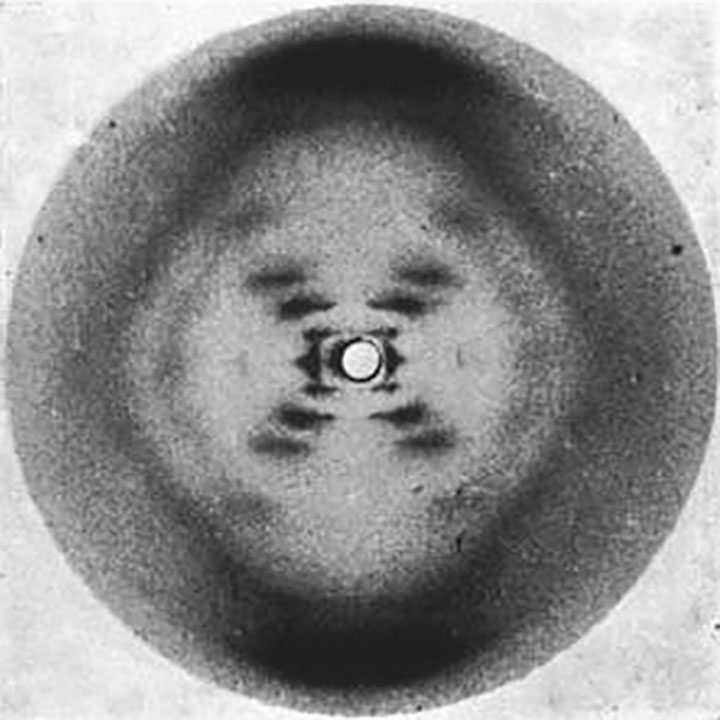
Equally Scientific and Rebellious.
Birth control is medicine
Birth control is a tool for reproductive freedom. is also medicine. It shouldn’t come with side effects.
Over 80% of individuals assigned female at birth suffer from health conditions that are either treated or managed by . These conditions range from PMS and PMDD to syndromes like and diseases like .

Birth control isn’t one‑size‑fits‑all.
Your will affect you differently than it will anyone else.
Some people enjoy peanuts; others experience reactions ranging from a runny nose to death. While scientists don’t know exactly why allergic reactions vary greatly between individuals, they do know that it’s due to differences in our biology, environment, and genetics.
Biological differences are why you and your best friend can use the same and have completely different experiences. Some options are simply not a good fit for your body.
Why we analyze hormones
A is a chemical signal that your body uses to coordinate biological processes, such as metabolism or menstruation.
When it comes to highly effective methods of , your baseline levels and the way you metabolize synthetic hormones both play a role in how your body responds to . Our scientists carefully study the hormones that govern aspects of your biology, specifically those that may be impacted by .

Why we analyze DNA
Your tells your body what to do.
Our scientific team identified regions of associated with the adverse side effects commonly linked to . By analyzing those regions in your , we can assess your genetic risk for experiencing some of the most dangerous side effects. Understanding your genetic predisposition helps determine which options you should avoid.

Our scientific approach is a rebellion against the medical status quo
At adyn we think big inclusive data sets are the best way to revolt against the historic and persistent gaps in medical research that privilege male bodies of European ancestry.
Failure to include the biology and experiences of diverse populations leaves medical diagnostics and treatments lacking. adyn practices to understand how s (and genetic variation) influence our health. We do this by applying mathematical models to large sets of biological data. The more diversity we have in our data the quicker we can close gaps in scientific knowledge.

